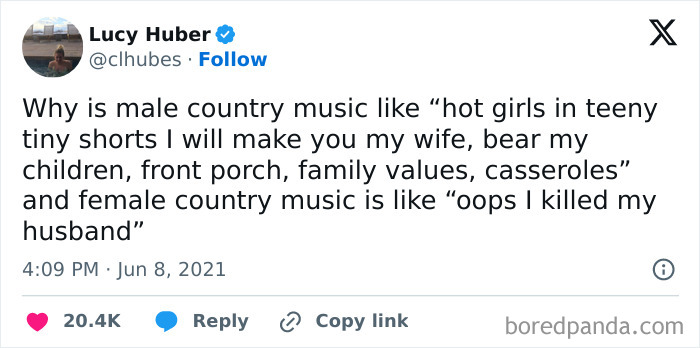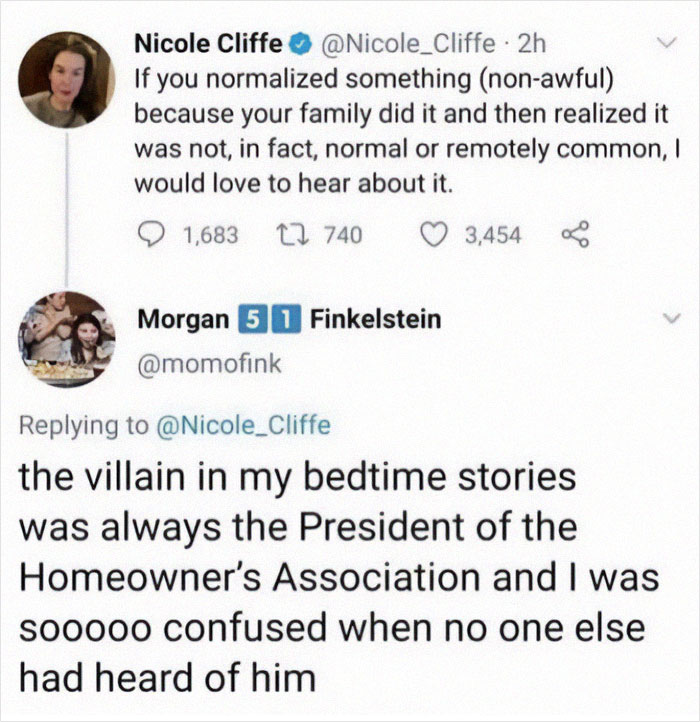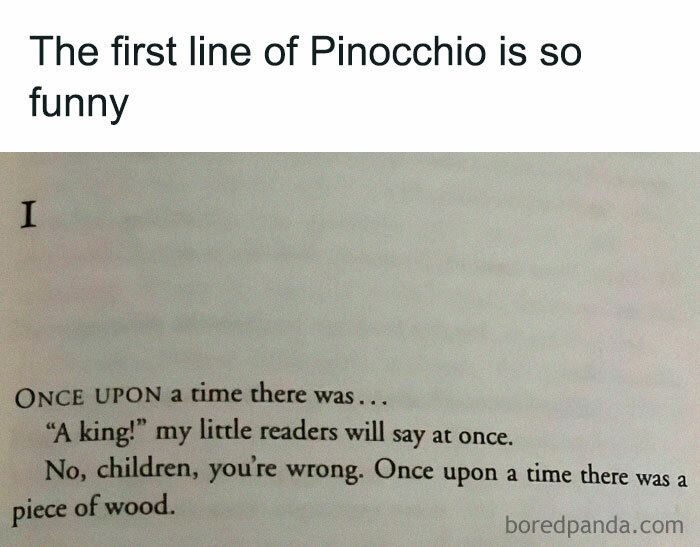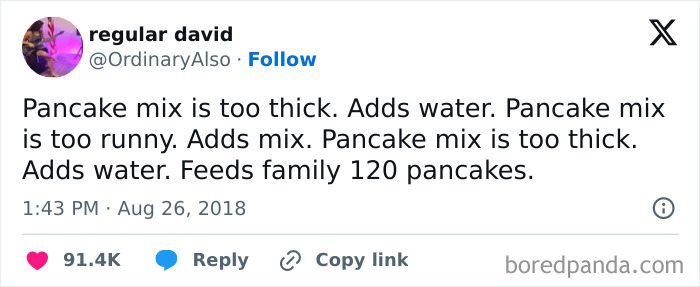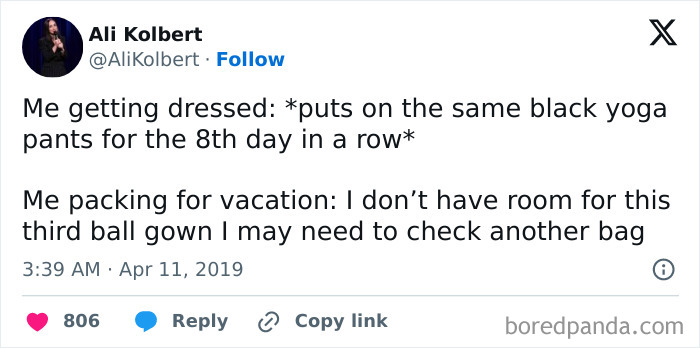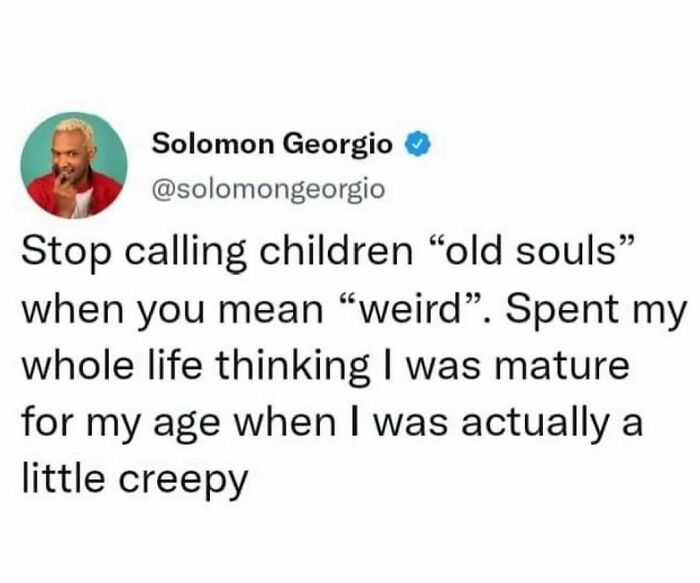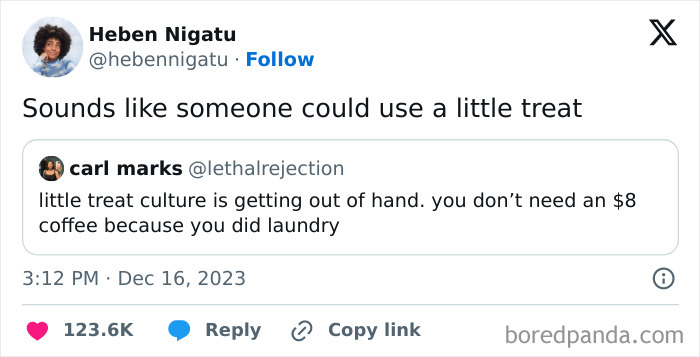To add to your meme stash, we’ve put together some funny posts from the Instagram account ‘Neat Mom.’ Don’t let the name fool you—these aren’t just about parenting. This page has hilarious takes on all sorts of topics. Scroll down to check them out, and don’t forget to upvote your favorites! This got me thinking about why some things go viral. Why do certain memes spread like wildfire across all social platforms and even become part of our everyday conversations, while others just fall flat? This idea isn’t entirely new; in 2009, during the ‘25 Things About Me’ trend, Lauren Ancel Meyers, a biology professor at the University of Texas, compared its popularity to the “classic exponential growth of an epidemic curve.” The Oxford English Dictionary first documented ‘viral’ in the context of spreading information back in 1989, with the phrase ‘go viral’ coming into use around 2004. This works because our brains are wired to recognize patterns, a survival instinct from when spotting a predator was key. Nowadays, this instinct helps us recognize familiar themes in memes. “If you’re familiar with an internet meme and someone shows you an image or video based on that meme for the first time, it probably won’t take long before your brain starts supplying context for what might be happening in the new piece of media—even if that context isn’t explicitly provided by whoever created it,” says DataDab. Caldwell says memes are like animals thriving in their natural habitats: “If you’re in an African Savannah, a lion does really well in that environment, but a lion wouldn’t do very well in the Arctic.” “The reason I’m using that analogy is that we can think of the African Savannah as Reddit, or something like that. Certain types of memes will do well on Reddit because they suit that environment and they’re able to replicate and spread virally there.” “Memes just sort of emerge from the ether. You have to really get into the meme itself and try to figure out how to make sense of it in your own cultural context and your own psyche,” she says. “It used to be easy when I was younger because like the flow of information would come to me in the same streams that it would come to students. Now I have to be much more proactive.” “It’s kind of like their memes and inside jokes had a certain value as a cultural currency and if too many people were in on it, it would crash its value. Kind of like inflation: if there’s too many dollars circulating, the value of the dollar goes down.” So, memes will continue to rise and fall. We’re just wrapping up the era of ‘Brat Summer’ and currently riding the wave of ‘very demure, very mindful.’ Who knows what’s coming around the corner? One thing’s for sure—we can’t wait to see it! Follow Bored Panda on Google News! Follow us on Flipboard.com/@boredpanda! Please use high-res photos without watermarks Ooops! Your image is too large, maximum file size is 8 MB.
























